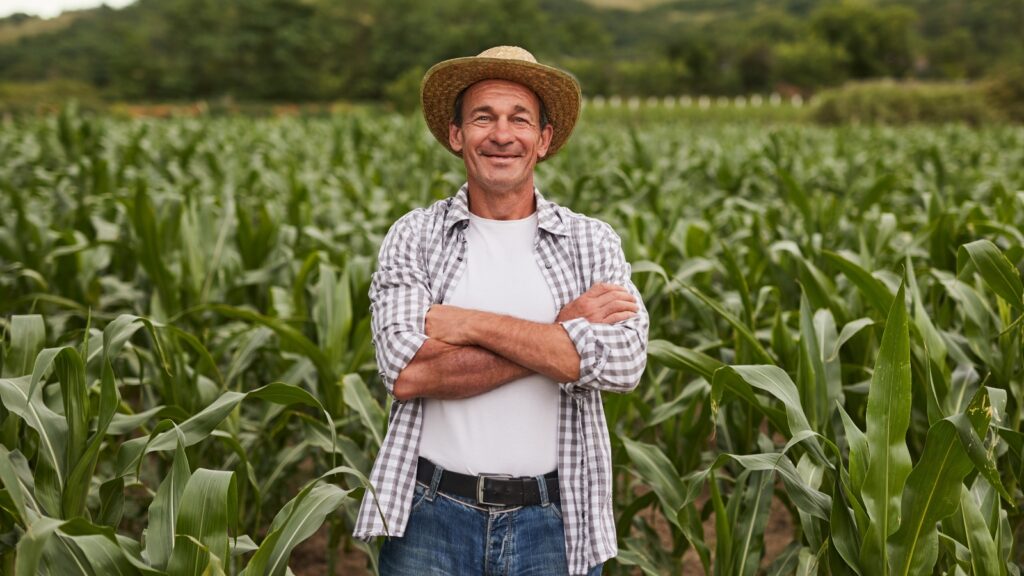Farmers who want to transition away from animal agriculture to plant-focused agriculture now have access to an online toolkit, filled with funding advice, how-to guides, webinar information, and more resources.
Called the Farmer Toolkit, the new online platform was created by the nonprofit Animal Outlook, vegan food brand Miyoko’s Creamery, and animal rights organization Mercy For Animals.
Each of the partners involved has its own program dedicated to helping farmers move away from animal agriculture.
For example, Miyoko’s Creamery’s Dairy Farm Transition initiative aims to help dairy farmers move into specialty crop production. Animal Outlook’s Farm Transition hopes to “remove exit and entry barriers for animal farmers to transition into farming plants.”
Mercy For Animals’ Transfarmation Project has already helped two poultry farmers start new journeys in hemp and mushroom farming.
Empowering farmers to grow plants
Ultimately, the Farmer Toolkit has been designed as an additional resource to support farmers who feel disempowered by animal agriculture.
As explained on the Transfarmation website: “More and more farmers are seeking a way out of animal farming. Whether they’re fed up with Big Ag’s exploitative contracts or the poor working conditions, they’ve had enough. At the same time, demand for plant-based ingredients is booming.”
The toolkit allows farmers to select their state and see what specific resources are available to them in their area. It also lists funding sources. The Natural Resources Conservation Service, for example, pays farmers who actively manage and expand conservation activities.
Transfarmation’s director Tyler Whitley said in a statement: “Our goal is working with farmers to create those alternatives so they can build their own sustainable businesses. This is how we can create a more just and sustainable food system.”
Miyoko Schinner, the CEO of Miyoko’s Creamery, added: “By helping a forward-thinking dairy farmer transition to growing regenerative specialty crops, we can uplift farmer livelihoods in the emerging plant-based food economy.”






